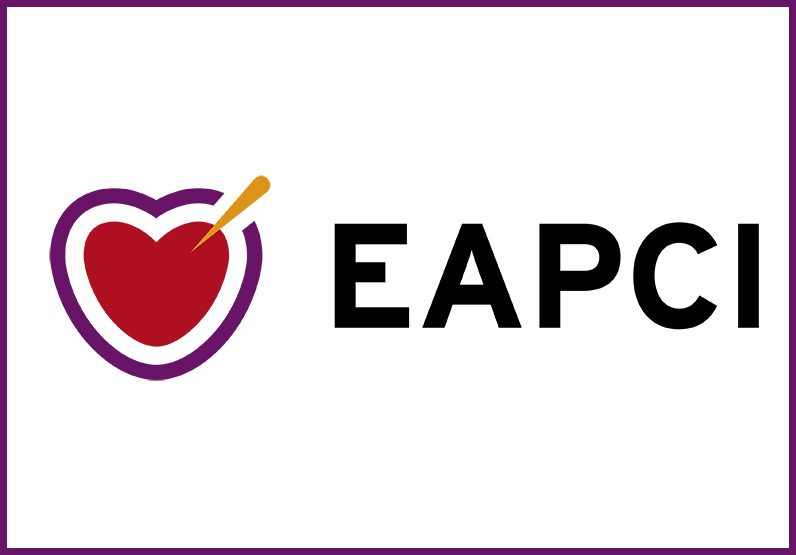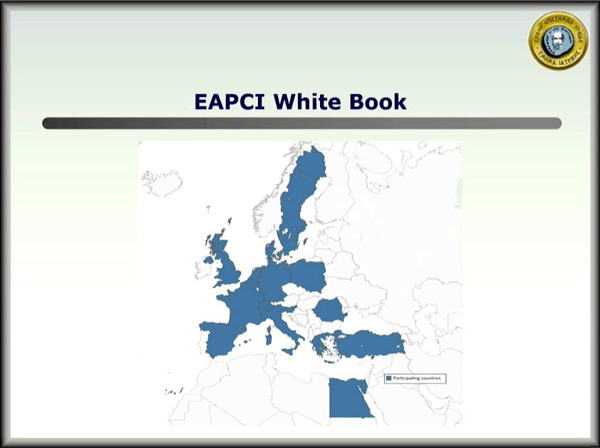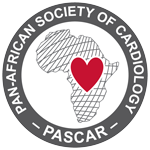The EAPCI White Book – towards higher quality data with the first extensive survey reporting on interventional cardiology practice.
Nowadays, cardiology increasingly turns towards the use of data to inform its practices and improve patient outcome.
 Aligned with the Stent-Save a Life! current main directive and intention to improve the quality of data is the new and first edition of the EAPCI White Book that compiles important, independent and targeted data collected by interventional cardiologists in 16 ESC member countries.
Aligned with the Stent-Save a Life! current main directive and intention to improve the quality of data is the new and first edition of the EAPCI White Book that compiles important, independent and targeted data collected by interventional cardiologists in 16 ESC member countries.
During EuroPCR 2019, the Presidents of the 16 Interventional Working Groups that contributed to the first edition of the EAPCI White Book were invited to gather in Paris to celebrate what has been achieved so far and to encourage societies in other countries to join the second edition.
Developed under the supervision of Prof Emanuele Barbato – EAPCI Board member and chair of the 2016-2018 EAPCI National Cardiac Societies and International Affairs Committee – the first edition of the EAPCI White Book is the first systematic data collection on the interventional cardiology practice.
The EAPCI White Book is an important tool that was not available before. It is an important landmark, a reference we can use and to which we can compare our practice day by day. I am sure that regular data collection will allow us to see a very significant increase in therapy adoption, said Prof Barbato.
The objectives of the EAPCI White Book are to aid in the tracking of possible discrepancies in therapies being adopted across Europe, help detect possible differences in the quality of care, and point out any difficulties in implementing the recommendations coming from national interventional cardiology societies.
The survey covers all aspects of interventional cardiology including organisational models, numbers of procedures, resource allocation and training. The data for the first edition of the EAPCI White Book was gathered on a regular basis in 2016-2018 by interventional cardiologists from Belgium, Denmark, Egypt, France, Germany, Greece, Italy, Netherlands, Poland, Romania, Slovenia, Spain, Sweden, Switzerland, Turkey and the United Kingdom.

Participating countries
A wide spectrum of resource allocation and treatment implementation was reported by countries participating. Hospitals equipped with cathlabs ranged from less than 2 to more than 5 per million people. Likewise, the number of interventional cardiologists ranged from 10 to more than 25 per million people.
As for primary PCI – recommended by ESC guidelines for treatment of patients suffering an acute myocardial infarction – most countries participating were delivering at least 500 primary PCIs per million inhabitants which is the level promoted by Stent-Save a Life!.
Although individual interventional cardiologists are quite familiar with the types of data in the EAPCI White Book, not every country has an organised, central data collection system, which explains that only 16 countries were invited to participate in the creation of the first edition of the EAPCI White Book.
However, Prof Barbato believes all ESC member countries could benefit from it as it will provide the National Cardiac Society Members of the ESC with the tools that enable them to compare their situations in terms of interventional cardiology practice to other European countries, and to use that information with their payers, with the regulatory bodies in their own countries in order to get some changes in reimbursement policies.
While the publication of the first edition of the EAPCI White Book is undergoing editorial review before it can be published, data for 2018 will shortly be gathered for a second edition – under the lead of Dr Christoph Naber (EAPCI Executive Board member and chairman of the Stent-Save a Life! initiative) – to be released in 2020.
Prof Barbato is eager to maintain the momentum generated by the first edition and to see what changes in therapies the next editions reveal.
The fact of having done the first data collection and to repeat it at regular time intervals, every two years actually, gives a unique opportunity to monitor trends and identify the changes in therapy adoption.






